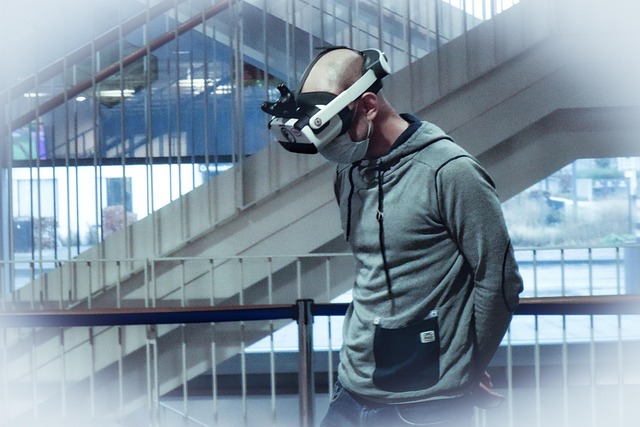In the ever-evolving world of eSports, coaching has become as vital as a player’s skill set. The competitive gaming landscape thrives on strategy, teamwork, and the ability to adapt. As a coach, you serve as the backbone for your team, guiding them through the nuances of gameplay and helping them harness their full potential. This is true not only in professional settings but also within the vast platforms that facilitate eSports competitions.
Each game comes with its unique mechanics and meta, making the role of a coach multifaceted. A solid understanding of various games is crucial; whether you’re strategizing in League of Legends, coordinating moves in Counter-Strike, or fine-tuning tactics in Dota 2, the goal is the same: to elevate your team’s performance. This requires a deep dive into game analysis, understanding the strengths and weaknesses of both your players and the opponents.
A successful coaching strategy goes beyond mere analysis. It involves creating a nurturing environment where players can refine their skills. This includes establishing trust and communication, allowing for open dialogues about game strategies and personal growth. Conducting regular scrimmages not only helps to reinforce strategies but also builds team chemistry, an essential element in any successful gaming roster.
Moreover, eSports platforms have revolutionized how coaches track progress and implement their strategies. Utilizing modern technology, coaches can review gameplay footage, break down team dynamics, and gather analytics that pinpoint areas for improvement. By leveraging these tools, a coach can provide valuable insights that enhance both individual and team performance.
As a coach in this dynamic field, adapt your approach depending on the game and your players’ disposition. Not every player responds to the same coaching style. Some thrive under a more aggressive, data-driven approach, while others flourish in a positively reinforced environment. This adaptability is essential in a realm where split-second decisions can determine the outcome of a match.
The mental aspect of gaming is just as important as the physical one. Coaches must work on the players’ mindset, instilling resilience and determination. Handling pressure during high-stakes matches can be daunting, and as a coach, ensuring your players have the tools to cope with stress is part of the job. Preparing them through mental conditioning exercises can set the stage for better in-game performance.
Emphasizing the development of both strategic and mental agility is crucial. Establishing routines that prioritize both gameplay and emotional control can lead to improved results. Not only should a coach focus on in-game strategy, but also encourage players to engage in discussions on teamwork and collaboration, as synergy is a critical aspect of eSports success.
In summary, coaching in the world of eSports platforms is a multifaceted role that blends strategy, communication, and emotional intelligence. By understanding the dynamics of various games, fostering a positive environment, and leveraging analytical tools, coaches can significantly impact their team’s trajectory. The eSports arena is competitive and ever-changing, but with the right coaching strategies, both players and teams can achieve greatness.


